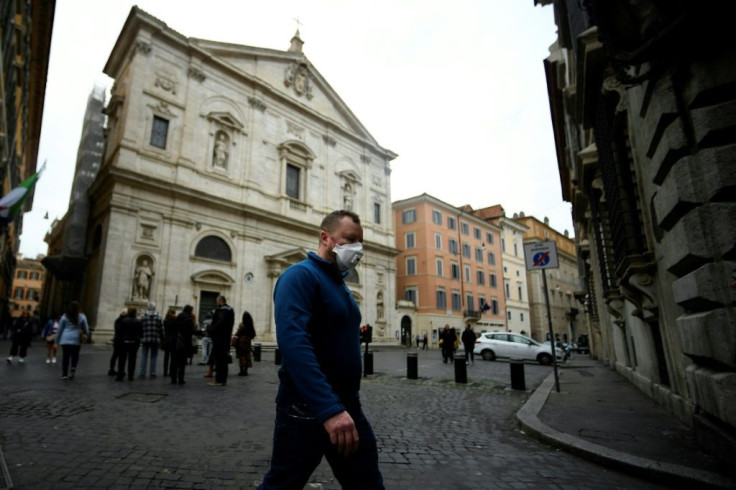Analysis-BOJ's Bet On Career Pragmatist Sets Bank Up For Post-Kuroda Era

The Bank of Japan's rare reappointment of a veteran technocrat behind the country's massive monetary stimulus positions the bank for an eventual exit from governor Haruhiko Kuroda's radical policies when his term ends next year.
Having spent most of his career at the BOJ's elite monetary affairs department, Shinichi Uchida, 59, was instrumental in drafting Kuroda's "bazooka" asset-buying programme in 2013 and negative interest policy in 2016.
While those policies create an image of him being a proponent of heavy monetary stimulus, Uchida also led the BOJ's drive to slow its huge bond buying by introducing yield curve control in 2016 - a policy that caps long-term interest rates at zero but also relieved the central bank from buying bonds at a set pace.
As its balance sheet became bloated and the financial sector's pain from prolonged easing became more apparent, Uchida was instrumental in crafting steps to slow the BOJ's purchases of risky assets and ease the strain on banks from low rates.
The reappointment for another four-year term as the BOJ's executive director, announced this month, will have Uchida, who joined the bank in 1986, oversee monetary policy design well beyond the end of Kuroda's term in April next year.
Uchida's technical expertise and deep experience mean the dismantling of YCC, whenever it happens, will go smoothly, while his bi-partisan nature mean he will be a help, not a hindrance, to the rollback of Kuroda's stimulus, say three sources familiar with the matter.
"Because he's created this complex framework, he's probably the best person to roll it back," said Mari Iwashita, chief market economist at Daiwa Securities and a veteran BOJ watcher.
"That's his strength, as well as his ability to quickly change tack on policy when he sees fit."
The BOJ has six executive directors that assist the board in making decisions on key matters. The roles are highly sought after and offered to only a handful of top BOJ staff.
Uchida's reappointment is unusual - historically, such positions last only a single four-year term, after which the officials retire from the BOJ for private sector jobs.
NEITHER HAWK NOR DOVE
Having spent most of his career at the monetary affairs department, Uchida made his mark with a knack for designing complex policy frameworks and his ability to navigate BOJ leadership transitions.
People who know him say Uchida is sharp-minded and worked well under both the dovish Kuroda and his predecessor Masaaki Shirakawa, who was wary of ramping up stimulus too much.
"He's a genius in crafting sophisticated policy ideas," one of people said. "It's hard to brand him as a hawk or dove."
That means Uchida is well placed to craft plans to either prolong the lifespan of YCC, or gradually phase it out.
To be sure, the BOJ is in no rush to withdraw stimulus as it focuses on underpinning a fragile economic recovery, rather than fret about the prospect of too-high inflation.
But some in the BOJ are wary of Japan becoming increasingly isolated in a global shift in central banking towards tighter monetary policy.
While Japan's comparably subdued inflation allows the BOJ to keep rates low for longer than its counterparts, there is near consensus within the bank its next move will be to dial back - not ramp up - stimulus, the sources say.
Untangling YCC, a complex patchwork of measures to keep rates low while addressing the side-effects of prolonged easing without upending markets, is no easy task.
The BOJ traditionally spends years brainstorming scenarios on its next possible move, a process in which Uchida will likely be deeply involved, the sources say.
"If there's even a slim chance of a policy tweak in the long run, the BOJ needs to be ready," a second source said. "Uchida will certainly play a key role in the process."
© Copyright Thomson Reuters 2024. All rights reserved.




















